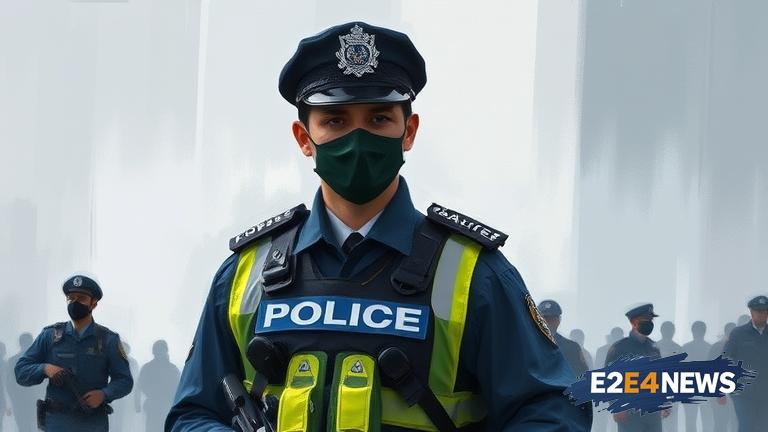The UK’s police forces are facing increasing pressure to be more transparent in their operations and decision-making processes. Labour leader Sir Keir Starmer has been at the forefront of this push, demanding that police be as open as possible about their actions. This call for transparency comes amidst a series of high-profile incidents that have raised questions about police accountability. Starmer’s stance is that transparency is essential for building trust between law enforcement and the communities they serve. He believes that by being more open, police can help to alleviate concerns and demonstrate their commitment to fairness and justice. The issue of police transparency is complex, with many arguing that it is crucial for ensuring that forces are held accountable for their actions. Others, however, have raised concerns about the potential risks of increased transparency, such as the impact on ongoing investigations or the safety of officers. Despite these concerns, Starmer remains adamant that transparency is key to restoring public trust in the police. He has pointed to examples of police forces that have already implemented more transparent practices, such as publishing body camera footage or providing detailed explanations of their decision-making processes. These efforts have been shown to improve relationships between police and the public, and Starmer believes that they should be adopted more widely. The Labour leader’s calls for transparency have been echoed by other politicians and civil liberties groups, who argue that it is essential for ensuring that police powers are not abused. They point to instances of police misconduct or excessive use of force, which have often been uncovered through freedom of information requests or other forms of scrutiny. By being more transparent, police can help to prevent such incidents from occurring in the future. Furthermore, transparency can also help to improve the efficiency and effectiveness of police operations, by allowing for greater scrutiny and accountability. Starmer’s demands for transparency are not limited to police operations, but also extend to the way that forces are governed and overseen. He believes that police and crime commissioners should be more accountable to the public, and that their decision-making processes should be more transparent. This could involve publishing more detailed information about their priorities and strategies, as well as providing regular updates on their progress. The issue of police transparency is not unique to the UK, with many countries around the world grappling with similar challenges. In the US, for example, there have been widespread calls for police reform and greater transparency, following a series of high-profile incidents of police brutality. Similarly, in Australia, there have been concerns about the use of police powers and the need for greater accountability. The UK’s police forces have a reputation for being among the most trusted and respected in the world, but Starmer believes that they can still do more to improve their transparency and accountability. By being more open and honest about their actions and decisions, police can help to build trust and demonstrate their commitment to serving the public. This, in turn, can help to improve relationships between police and the communities they serve, and reduce the risk of tensions and conflicts. In conclusion, the issue of police transparency is a complex and multifaceted one, with many different perspectives and opinions. However, Starmer’s calls for greater transparency and accountability are an important step towards building trust and ensuring that police forces are serving the public interest. As the debate around police transparency continues, it is likely that we will see more efforts to increase openness and accountability within UK police forces.





